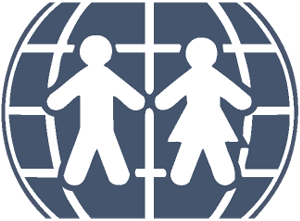Each year, World Children’s Fund dispatches an estimated ten million dollars in value of shipments containing emergency food, water, temporary materials for shelter, medical equipment, and pharmaceuticals. World Children's Fund has rushed supplies to families and children around the globe. WCF relief shipments serve victims of tsunamis, hurricanes, floods, earthquakes, wars, civil conflict, draughts, climate shocks and famine. These desperately needed food and medical supplies relieve the suffering of malnourished children, hungry refugees, and displaced families without access to food and medication. The targeted relief aid also helps people around the world struggling to survive in regions where inflation and economic instability creates scarcity of staple food items and shortages of medications and pharmaceuticals.
In response to these critical needs, World Children's Fund dispatches aid via air and ocean container. WCF has supplied humanitarian relief to more than forty countries around the world.
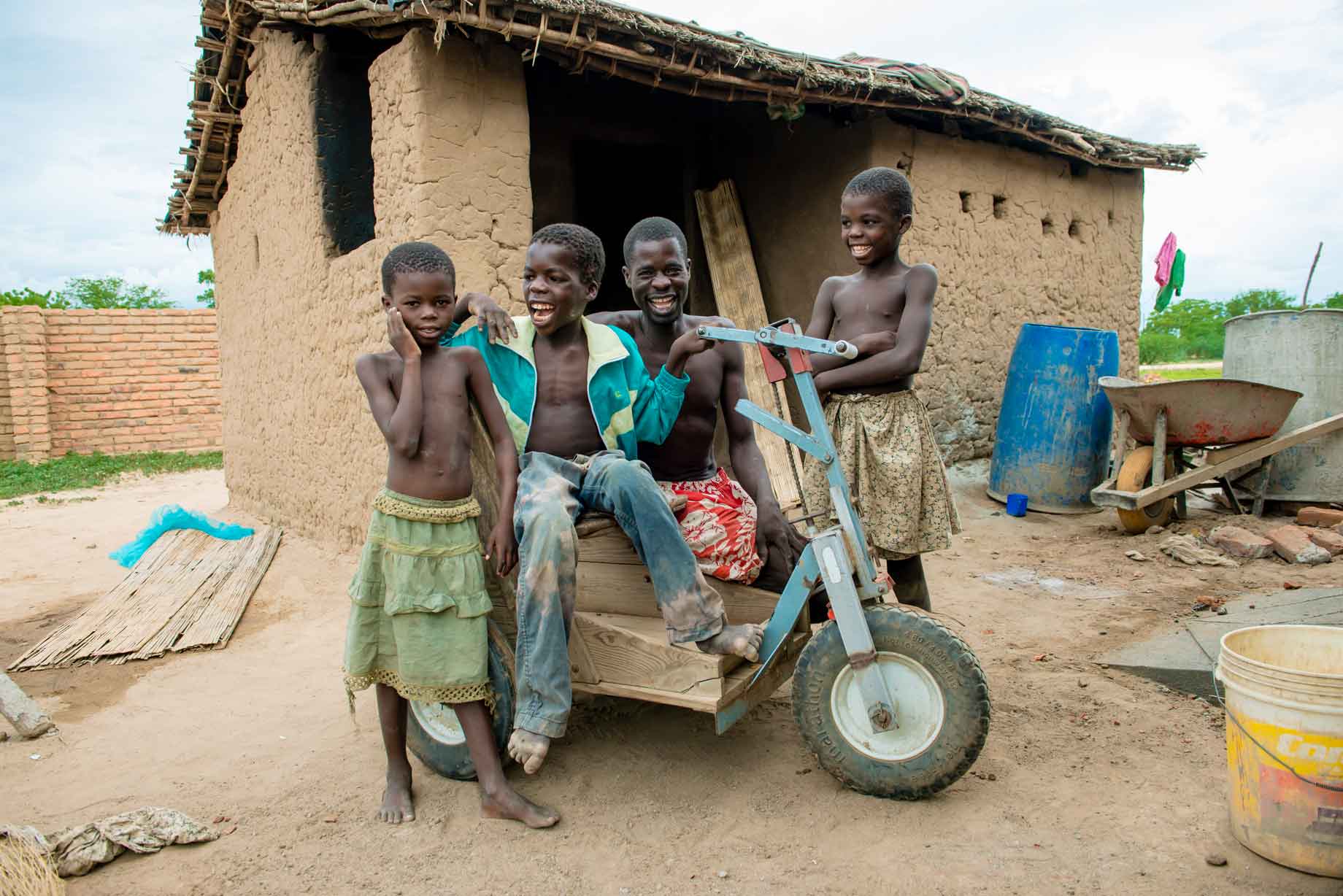
“Children die daily from killers like malaria, cholera, typhoid, tuberculous and diarrheal sickness and dehydration.”
KATHRYN HESS, WORLD CHILDREN'S FUND INTERNATIONAL PROGRAM DIRECTOR
According to Kathryn Hess, World Children's Fund International Program Director, WCF sends many of its targeted humanitarian shipments to countries in Africa where scarcity of basic medications and lack of infrastructure in the medical sector has created a health crisis. “Children die daily from killers like malaria, cholera, typhoid, tuberculous and diarrheal sickness and dehydration,” says Kathryn. “Malnourished children are especially susceptible to opportunistic disease.” She says it’s “eye opening” to visit a medical clinic and realize the facility operates on generator power for a limited time each day and doesn’t have an adequate water source or plumbing system. “The lack of infrastructure is only the beginning. Next you see the pharmaceutical storeroom and the shelves are bare. Children shouldn’t die because a basic medication is not available.”
Thanks to WCF donors, shipments of medications are disbursed to health clinics and hospitals around the globe and are available at no cost to patients. Without shipments from humanitarian organizations to stock these facilities, sick children are unable to receive something as simple as an antibiotic to treat an eye infection or a lifesaving treatment for malaria. Many medical clinics have no pain medication to offer patients and they lack basic medical supplies like sutures for stitching wounds. Without medical disposables, the only choice is having a doctor perform a procedure bare handed, without gloves. Hospitals and clinics do not have sufficient test kits and lack medication to treat common diseases. The shelves in these clinics would be empty without the generosity of donors.
"We are grateful to donors from around the world, who make this possible," says WCF founder, Dr. Joseph Lam. "In many of the countries where we are working, you can save a child's life for less than a dollar a day. It is impossible to quantify and measure the good that has compounded year after year because of committed supporters.”
“In many of the countries where we are working, you can save a child's life for less than a dollar a day. It is impossible to quantify and measure the good that has compounded year after year because of committed supporters.”
DR. JOSEPH LAM, WORLD CHILDREN'S FUND FOUNDER
World Children’s Fund also routinely dispatches 40-foot ocean cargo containers filled with food aid into countries battling hunger and food insecurity. These forty-foot containers hold an estimated 250,000 lifesaving fortified rice meals. These shipments are dispatched into countries battling food shortages like South Sudan and into the southern region of Malawi, as well during emergencies to countries like Liberia, during the Ebola crisis and COVID-19 Pandemic.
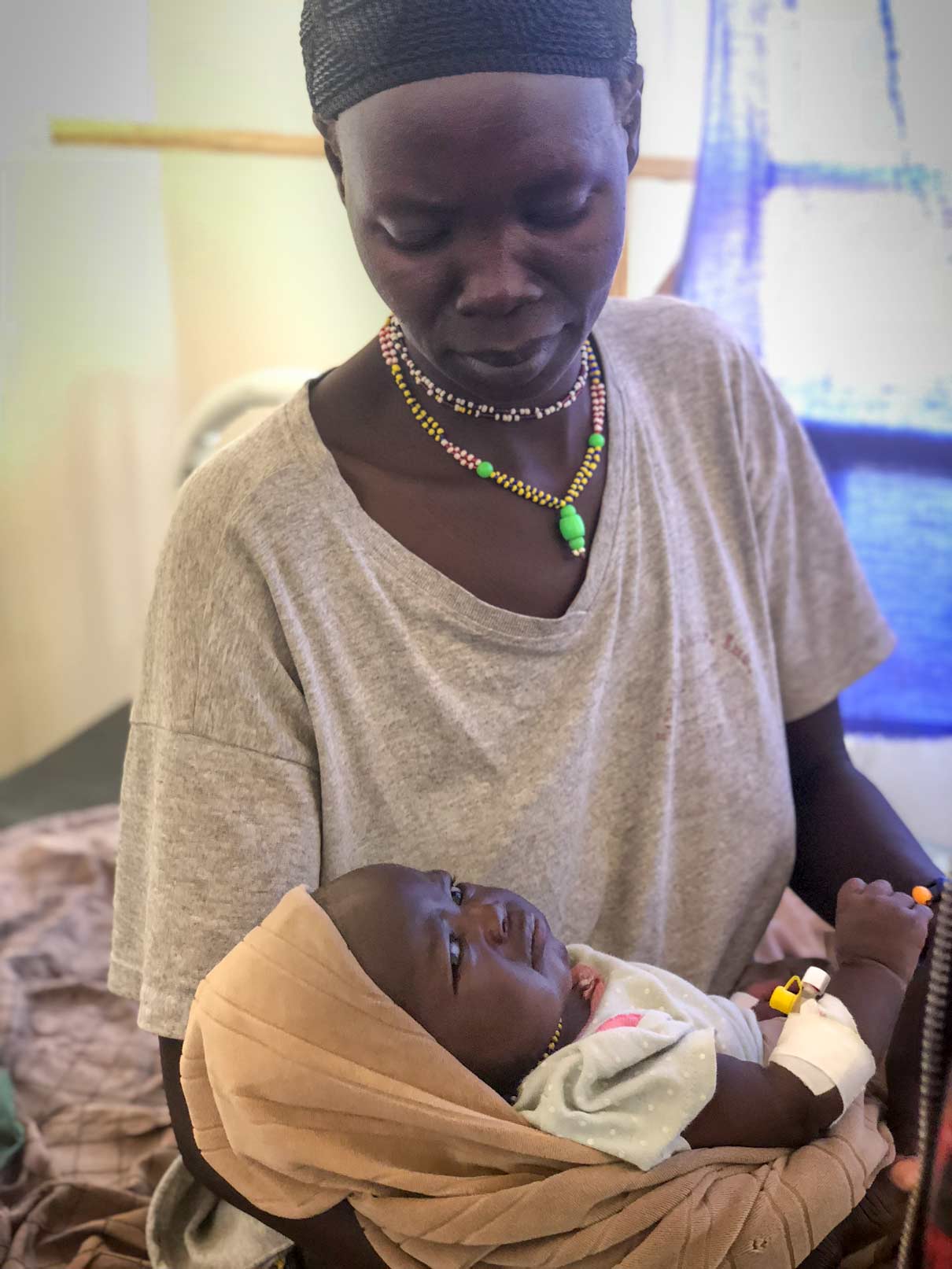
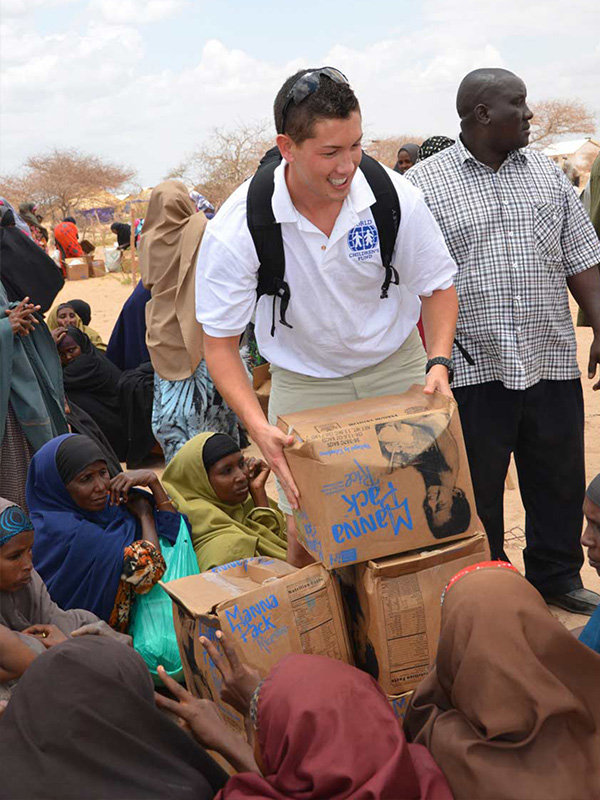
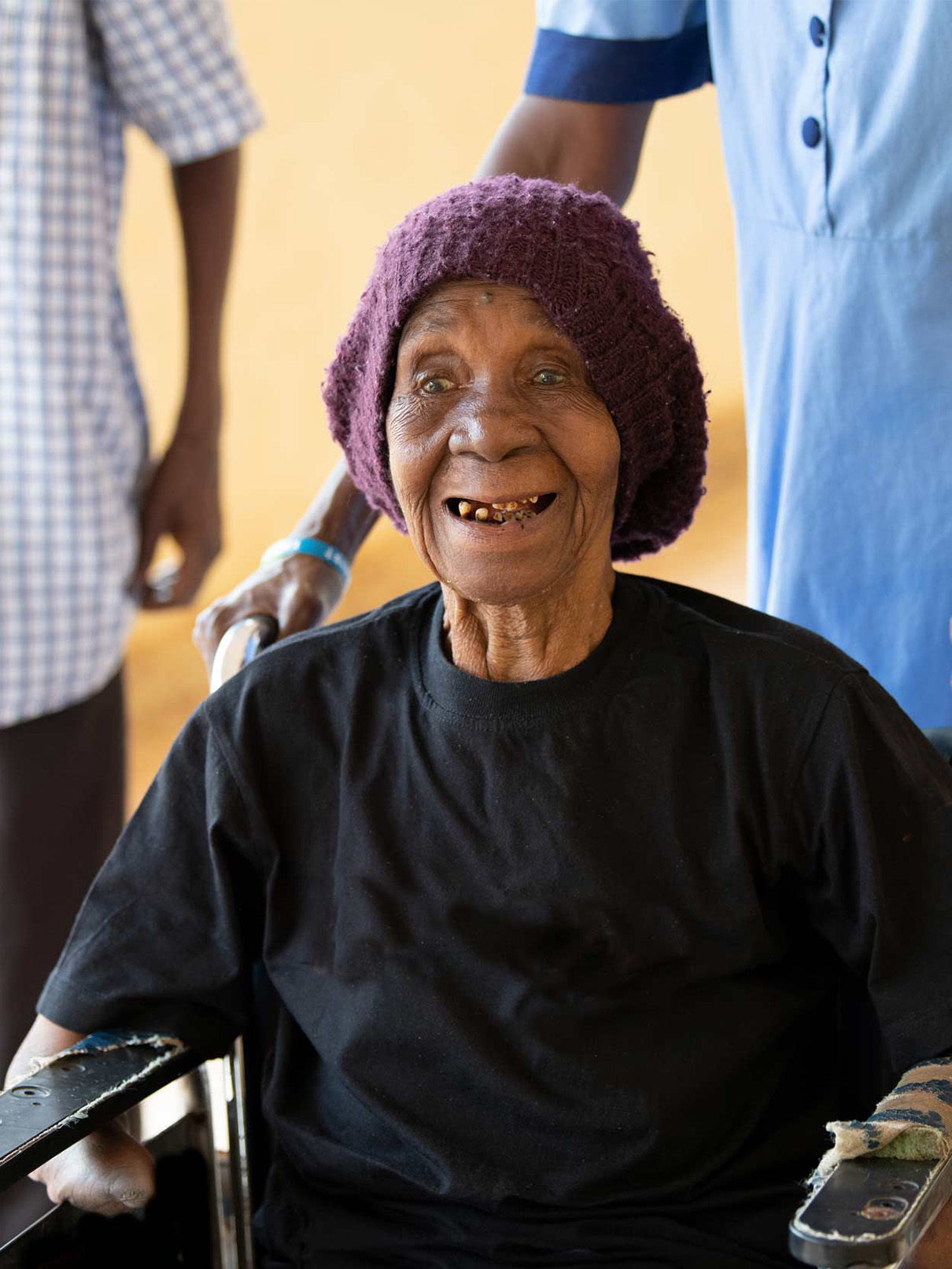
The food relief supports disadvantaged households, including orphans, widows, young children who are being cared for by elderly grandparents and guardians, the blind, disabled and sick.
“I always boast about the nutritional value of these rice meals. We see the impact with our orphanage kids all the time. They come in with their bloated tummies. We serve the rice meals and the children become healthy, well and strong,” says David “Mo” Morrison, WCF liaison in Malawi.
Each rice meal contains key nutrients specifically formulated by food scientists to address the nutritional needs of children suffering from malnourishment. The ingredients consist of rice, extruded soy nuggets, which provide protein, twenty vitamins and minerals and dehydrated vegetables. The meals can be prepared in minutes and only require boiling water.
“The daily struggle of finding enough food is exhausting. The shipments are a lifesaver, providing nourishment when there is nothing. I believe it has kept many from starvation.”
DAVID “MO” MORRISON, WCF LIAISON IN MALAWI
“The children enjoy eating the meals up to five times each week,” says Mo, referring to the orphaned youth who reside in the children’s home and are beneficiaries of the WCF shipments. “We credit their strong, healthy bodies to these nutritious meals you provide.”
The unique blend of vitamins and minerals provides a blast of health benefits. The meals offer a healthy dose of both vitamin C and B12, vitamins that promote growth and development. Vitamin D, zinc, iron, and magnesium support strong bones, immune health and give young bodies energy so they don’t suffer from anemia and fatigue. Vitamin A helps children fight off infectious disease and supports immune health. Copper, and calcium help prevent diminished bone density and stunted growth.
“The rice meals are a lifeline for many families around us. Without them, children go to bed hungry,” says Mo. The Mbeu family is one family in a nearby village in the Bangula region of Malawi who receives rice meals. The single father of four rides his bicycle each day and collects firewood to sell at the market. This gives them one meal per day, assuming all four kids are healthy. One son suffers from cerebral palsy. “The daily struggle of finding enough food is exhausting,” says Mo. “The rice meals are a lifesaver, providing nourishment when there is nothing. I believe it has kept them from starvation.”
“Giving has the capacity to change a life. You don’t have to give much to make a really big difference. The WCF aid shipments are serving the poorest of the poor. When you give, you are helping those who are marginalized and easily overlooked. We are fighting for the lowest. Those who have no one to turn to.”
MO, WCF LIAISON IN MALAWI
In South Sudan, rice meals are dispatched to local orphanages, elderly grandparents raising numerous children, camps and settlements filled with internally displaced children and families who fled their villages during the civil war. Beneficiaries also include leprosy colonies, street children and other communities suffering from hunger.
“Giving has the capacity to change a life. You don’t have to give much to make a really big difference,” says Mo. “The WCF aid shipments are serving the poorest of the poor. When you give, you are helping those who are marginalized and easily overlooked. We are fighting for the lowest. Those who have no one to turn to.”
